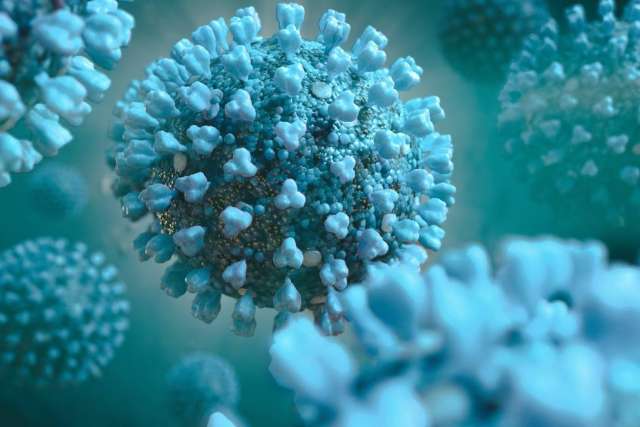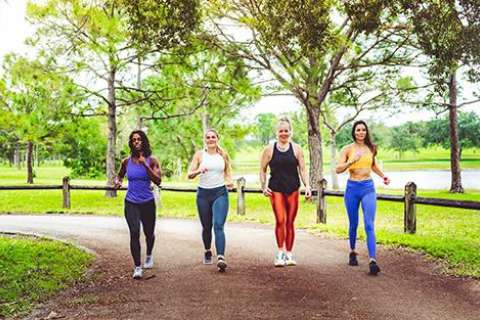Dear Doctors: I got COVID-19, which wasn’t too bad. But now I’ve got long COVID. I’m exhausted all the time, my heart races and I’ve got brain fog. It’s derailing my life. I saw on the news that the method for treating scuba divers with the bends works for long COVID. Is this true? Can I get it?
Dear Reader: As you may already know, long COVID-19 refers to the ongoing symptoms that can follow infection with SARS-CoV-2, the coronavirus that causes COVID-19. While the initial illness lasts from two to six weeks -- depending on severity -- the symptoms of long COVID persist for months -- and even years.
The latest survey data shows that long COVID affects at least 20% of people who have recovered from coronavirus infection. The chronic exhaustion you’re experiencing is a common symptom, as are a range of cognitive issues. It has become clear that long COVID is sidelining millions of people, and researchers are seeking treatments to ease the symptoms.
Several studies have looked into the potential benefits of hyperbaric oxygen therapy, also referred to as HBOT. This is when someone breathes pure oxygen while in a pressurized chamber or room. You’re correct that it’s used to treat decompression sickness in divers, also referred to as the bends. Hyperbaric oxygen therapy is approved for a range of other uses, including carbon monoxide poisoning, wound healing, severe anemia, infectious diseases that starve the tissues of oxygen, and certain types of sudden and unexplained hearing loss.
The news stories that caught your attention are reporting the results of the most recent study into HBOT as a potential treatment for people living with long COVID. Conducted by researchers in Israel, the study looked at a group of patients whose cognitive symptoms of long COVID had lasted at least three months. Half underwent 40 sessions of HBOT over the course of two months. They received varying exposures of 100% oxygen over the course of 90 minutes, delivered via a mask, while in a hyperbaric chamber with twice the atmospheric pressure of sea level.

The other group of patients served as the control group. They also spent 40 sessions in the hyperbaric chamber, but breathed regular air, and at regular pressure. At the end of the study, the patients who underwent the genuine hyperbaric oxygen therapy reported a marked improvement in cognitive function. The therapy also had a positive effect on energy levels, sleep disruption and mood. The same results were not seen in the control group.
This echoes the results from research conducted last year by scientists in England. In that study, patients had 10 sessions of HBOT over the course of 12 days. Tests to assess fatigue and cognitive function also showed marked improvements between the start and the end of the therapy. While the results are encouraging, the research is still in the early stages.
At this time, HBOT is not approved by the Food and Drug Administration for treatment of long COVID. It’s also important to note it’s not suitable for everyone. Someone with a cold, fever and certain lung, ear and eye conditions should not have HBOT.
UCLA Health experts collaborate across departments to offer comprehensive care for people with long-haul COVID symptoms. We draw on our knowledge and expertise to help you recover from long COVID. Learn more and download the form into the UCLA Health Long COVID Program.
(Send your questions to [email protected], or write: Ask the Doctors, c/o UCLA Health Sciences Media Relations, 10960 Wilshire Blvd., Suite 1955, Los Angeles, CA, 90024. Owing to the volume of mail, personal replies cannot be provided.)



